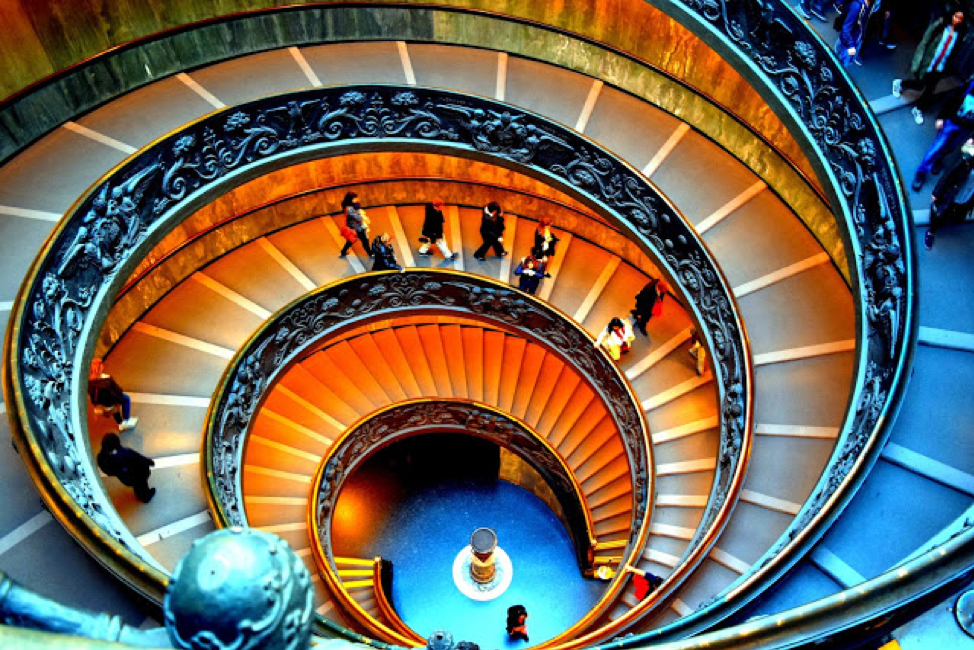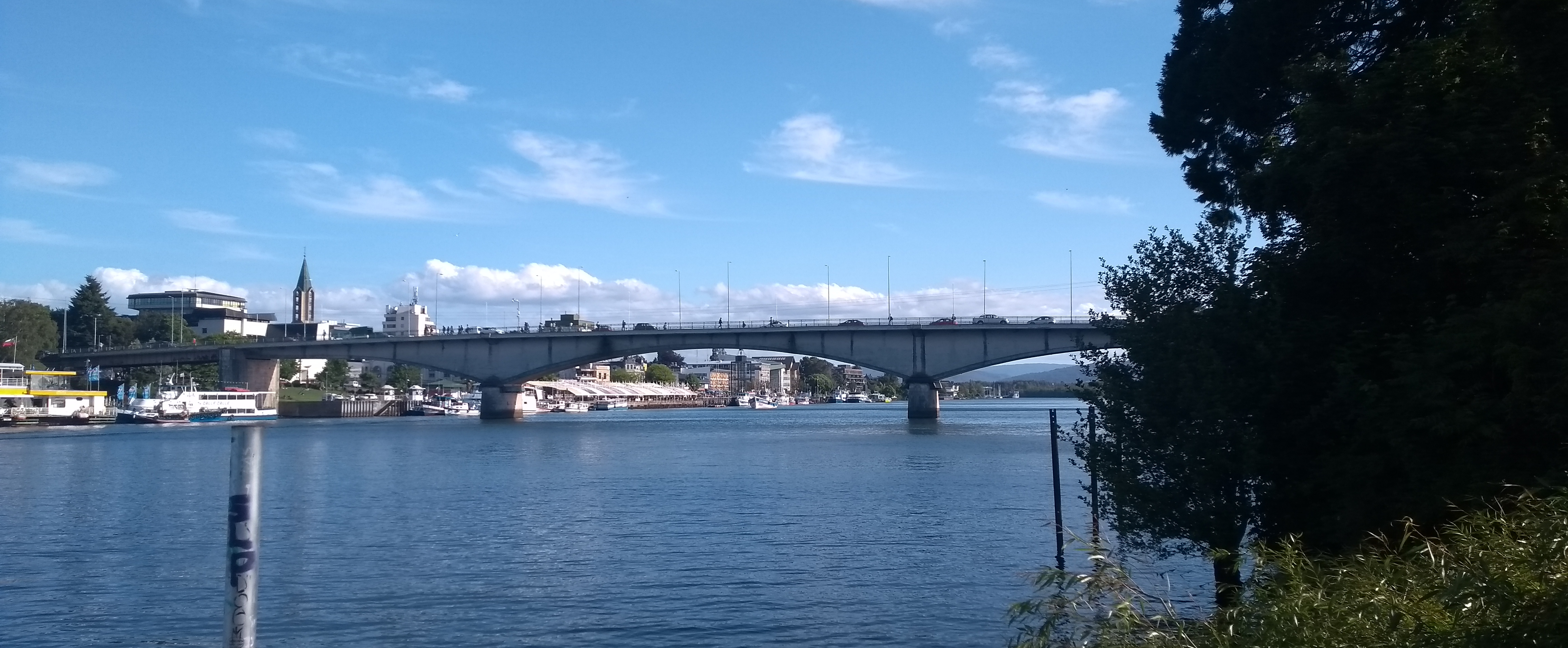
Heritage in European cities is recognized and appreciated worldwide for its uniqueness and beauty. Urban heritage can stimulate local economic conditions in addition to carrying social, historical, and cultural values. This nexus of economic development and cultural valuation can be influenced and strengthen by territorial characteristics such as a creative environment and a cosmopolitan identity.
Continue reading “URBAN CULTURAL VIBRANCY AS A CONTRIBUTOR TO LOCAL DEVELOPMENT AND THE FUNDAMENTAL ROLE OF TERRITORIAL CONTEXT CONDITIONS“



Recent Comments